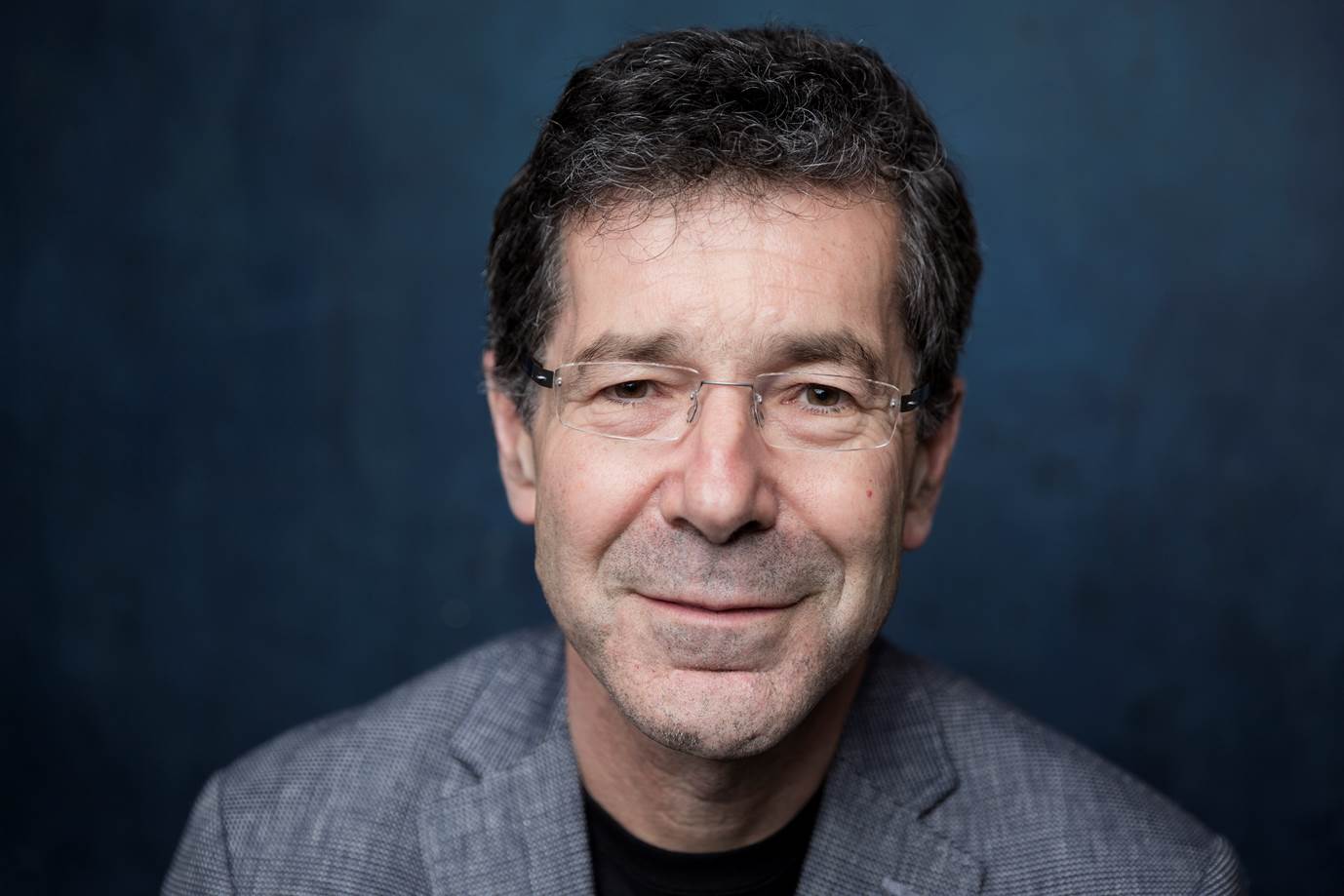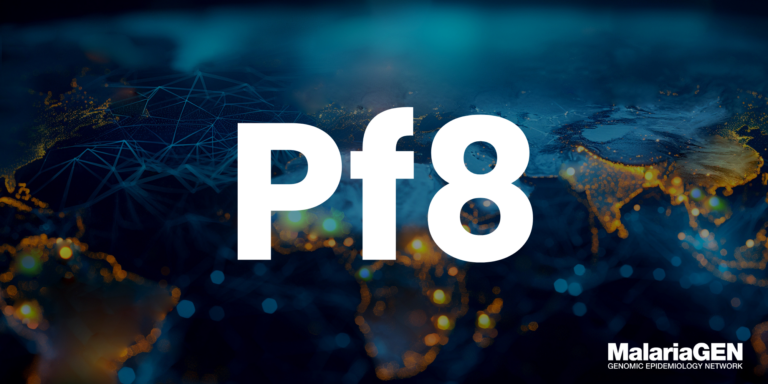
Dominic Peter Kwiatkowski was born in 1953 in London, one of four siblings, and raised in Lancashire and Gloucestershire. He studied physics and neurophysiology as an undergraduate at Oxford University, followed by medicine at Guy’s Hospital, graduating with an MB BS from University of London in 1979. After working in several London hospitals including Guy’s as a paediatrics registrar, he made a defining move in his life and career: relocating with his family to The Gambia in 1986 to work as a paediatrician. This period sparked Dominic’s research interest in malaria – a mosquito-borne parasitic disease with greatest impact on young children in Africa. He became fascinated by basic clinical questions: what drove the characteristic periodicity of malarial fevers? Why did some children become severely unwell with malaria, while others experienced mild illness?
Dominic’s early papers explored the relationships between malarial fever, disease severity, and inflammatory cytokines such as TNFα. After returning to the UK, he completed his paediatrics training and became an MRC Clinical Research Professor at Oxford University, investigating the genetics of malaria pathogenesis. Dominic recognised the importance of combining data from multiple studies to increase statistical power for genetic association analyses. He founded the Malaria Genomic Epidemiology Network (MalariaGEN) in 2005, in partnership with colleagues based in endemic countries, to establish a framework for malaria genetic data sharing including ethical and governance considerations.
MalariaGEN proved hugely successful. Advances in DNA sequencing made possible large-scale collaborative projects based across 40 countries, exploring genomic diversity in malaria parasites, mosquito vectors, and the human host. Dominic pioneered the use of genomics both to monitor malaria parasite and vector populations to inform public health interventions, and to explore key evolutionary processes in action. To date, MalariaGEN has produced over 20,000 Plasmodium falciparum and 3,000 Anopheles mosquito whole genomes as open scientific resources, and the largest Genome Wide Association Study (GWAS) of human susceptibility to severe malaria, with over 17,000 participants. Discoveries include uncovering and tracking antimalarial and insecticide resistance mechanisms, a novel link between human red blood cell variants and malaria susceptibility, and genetic interactions between sickle cell haemoglobin and malaria parasites.
Dominic became head of the Wellcome Sanger Institute Malaria Programme in 2006. He supervised and mentored hundreds of scientists from across the world, many of whom went on to lead successful research groups. In 2018 he became a Fellow of the Royal Society, in recognition of his contributions to understanding malaria pathogenesis, parasite and mosquito genomic diversity, and the use of GWAS in Africa. During the COVID-19 pandemic, Dominic leveraged the expertise of his research group to help establish SARS-CoV-2 genomic surveillance in the UK, with malaria work continuing in parallel.
As a clinical PhD student and then postdoctoral researcher working with Dominic since 2011, I believe his immense success was built on several pillars: an inquisitive mind seeking to probe fundamental biological questions; a ‘big picture’ vision driving his research plans; a deep desire to see his research translated into practical tools useful for malaria control; and a recognition that this kind of science can only be done through collaboration and teamwork. In particular, Dominic felt passionately that malaria researchers based in endemic countries should be at the heart of these collaborations.
Dominic died suddenly of ischaemic heart disease in April 2023, aged 69. He was still working on multiple projects – exploring malaria transmission dynamics and how genomics could support malaria control and elimination in West Africa. He will be greatly missed by the malaria genomics community, including his extended network of collaborators across the globe. He is survived by his wife, their four children, and three grandchildren.


